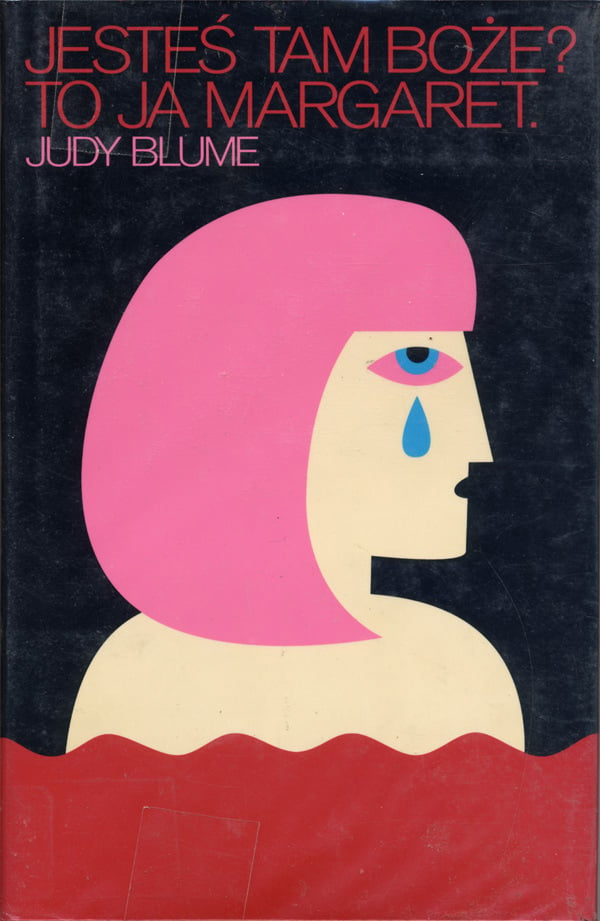The woman who taught me about boobs, boys, and periods shared sage words earlier this month on the value of books and the ability of children to “self-censor” themselves when reading mature material. If my third-grade experience of the masturbation scene in Deenie is any indication, the Grand Dame of YA is absolutely right.
Blume–whose own novels were banned in the ’80s for their frank depiction of sexuality, racism, and, ick, the human body–said at a public appearance in early June that teachers and parents shouldn’t be afraid of young readers encountering “age-inappropriate” subject matter. Courtesy of The Telegraph:
A lot of people worry much too much about what their children are reading […] A lot of people will want to control everything in their children’s lives, or everything in other people’s children’s lives. If a child picks up a book and reads something she has a question about, if she can go to her parents, great. Or else they will read right over it. It won’t mean a thing.They are very good, I think, at monitoring what makes them feel uncomfortable. If something makes them feel uncomfortable they will put it down.
Her advice, ultimately, is simple but sadly necessary: “I say go and read. Read what you like to read.”
Appropriately, Blume made these remarks just five days before Slate’s controversial “Against YA” article was published. The Slate piece contrasts almost comically with Blume’s words, beginning: “Read whatever you want. But you should feel embarrassed when what you’re reading was written for children.”
Although Blume’s speech and Slate focused on the opposite ends of the age-appropriate spectrum, the natural “self-censorship” that kids are capable of absolutely also applies to older readers. An adult won’t have the same experience of Blubber as someone in its “intended” age range, but that doesn’t mean the story won’t speak to them just as purely. Readers can only understand stories through the lens of our own experiences and thusly unconsciously, in Blume’s words, “read right over” what doesn’t speak to us.
Blume’s “read whatever you want” isn’t a desperate statement on the state of literacy, a plea to “read whatever, because reading anything is better than not reading at all.” Her words are a vote of confidence in the ability of readers to benefit from a well-told story, regardless of its intended demographic: to Superfudge, age is just a number.
(via Boing Boing, image via Will on Flickr)
- How Judy Blume got a movie adaptation of Tiger Eyes
- The NY Times to YA publishing: stop being so girly
- City shuts down library built by nine-year-old
Are you following The Mary Sue on Twitter, Facebook, Tumblr, Instagram, & Google +?









Published: Jun 23, 2014 07:00 pm